In a bid to alleviate morning rush hour congestion and encourage flexible commuting, Tokyo’s metropolitan subway system has introduced an innovative fare discount program known as the "Off-Peak Pass." Starting this month, passengers who tap in after 9:00 AM will enjoy a flat 30% discount on their regular fare. The move, spearheaded by the Tokyo Metro and Toei Subway networks, marks a significant shift in urban transportation policy—one that prioritizes crowd management and work-life balance over peak-hour revenue.
The concept of incentivizing off-peak travel isn’t entirely new, but Tokyo’s scale makes it groundbreaking. With over 8 million daily riders cramming into trains during the traditional 7:00-9:00 AM crunch, the system has long struggled with what locals call "sardine can" conditions. "We’ve reached a breaking point where adding more trains isn’t feasible," explains transportation analyst Hiroshi Tanaka. "This discount flips the script by making tardiness financially attractive." Early data suggests the strategy is working: station cameras show a 12% reduction in platform crowding during the former peak window.
Behind the scenes, the pricing overhaul required complex coordination. Unlike temporary promotional fares, the 9:00 AM cutoff is hardwired into ticket gates’ algorithms across all 285 stations. Transit officials worked with employers to relax strict "start at 9" policies, while cafes and gyms near stations reported crafting "late riser" promotions to capitalize on the demographic shift. The program’s success hinges on what economists call "elastic demand"—the notion that commuters will alter behavior for tangible savings. At ¥200 per trip instead of ¥300, regular users stand to save ¥8,000 monthly, equivalent to a modest salary bump.
Critics initially warned the discount might backfire by overcrowding mid-morning trains, but the opposite occurred. Ridership between 9:00-10:00 AM increased by only 6%, while the pre-9:00 AM surge dropped markedly. This suggests commuters aren’t merely shifting their schedules en masse, but that some are opting for truly staggered starts. Office worker Emi Sato shares, "My boss approved 10:00 AM arrivals if I stay later. The quieter train lets me actually read instead of being pressed against strangers." Such anecdotes reveal how small financial nudges can redefine urban rhythms.
The environmental implications add another layer of appeal. By smoothing out demand spikes, trains can operate at steadier speeds with fewer emergency brakes—a major factor in energy waste. Preliminary estimates suggest carbon emissions per passenger could drop by 5-7% annually. This positions the Off-Peak Pass as a rare policy that benefits commuters, operators, and climate goals simultaneously. As other megacities from Seoul to São Paulo monitor Tokyo’s experiment, it may inspire a global rethink of how transit pricing shapes city life.
Looking ahead, officials are considering expanding the initiative. Proposals include deeper discounts for 10:00 AM arrivals or bundled "late commuter" subscriptions. The program’s true test will come this winter when cold weather typically makes punctuality pressures more acute. For now, the sight of slightly emptier morning trains and more relaxed passengers offers a glimpse of what happens when cities dare to incentivize being fashionably late.
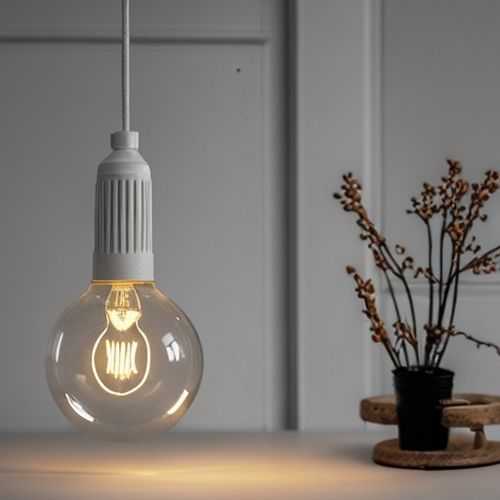
By Eric Ward/Apr 10, 2025
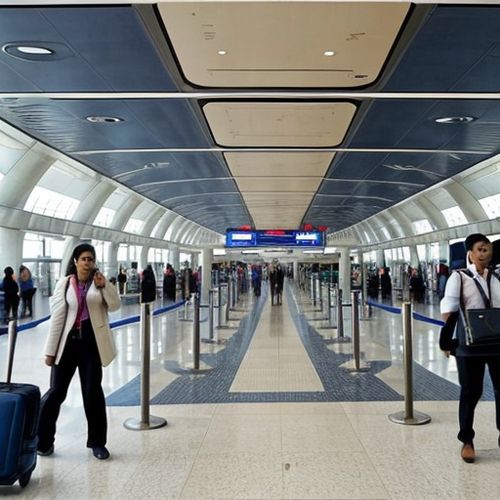
By Laura Wilson/Apr 10, 2025
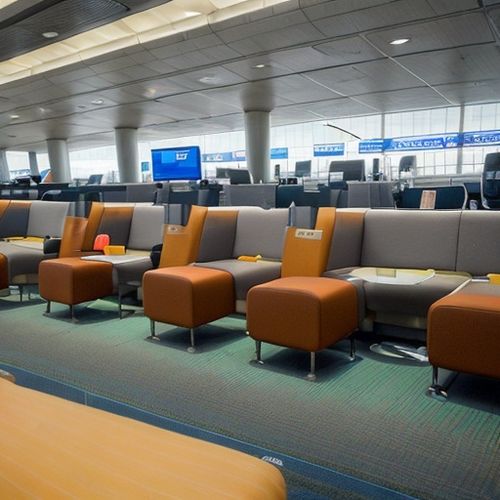
By Michael Brown/Apr 10, 2025

By Daniel Scott/Apr 10, 2025
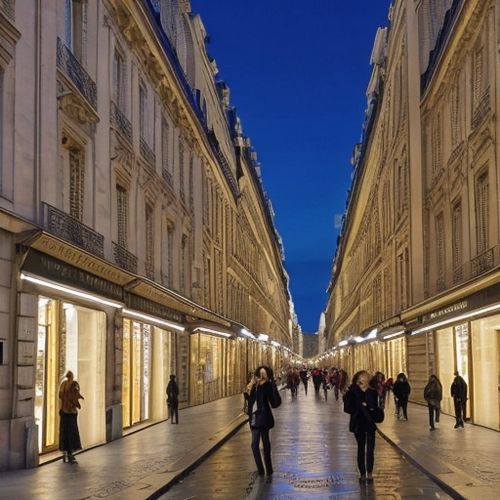
By Megan Clark/Apr 10, 2025

By Sarah Davis/Apr 10, 2025

By Amanda Phillips/Apr 10, 2025
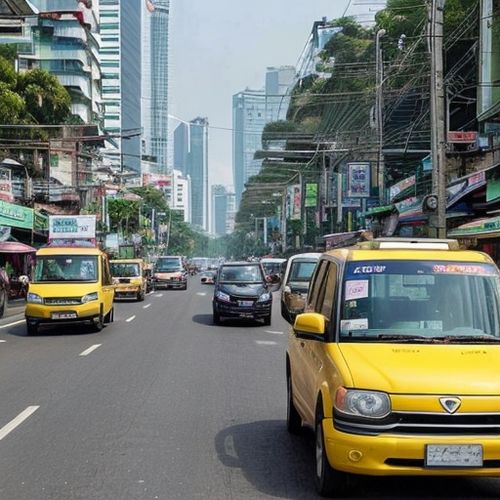
By Lily Simpson/Apr 10, 2025
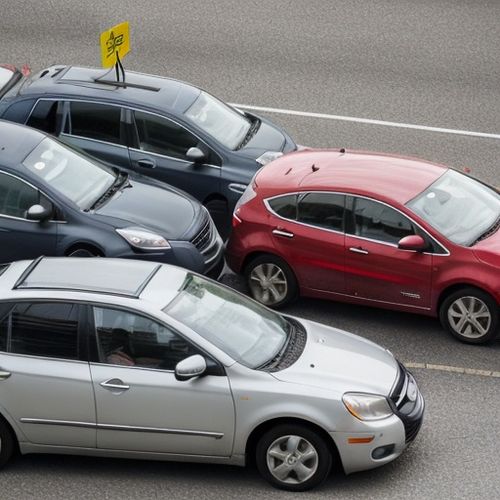
By Thomas Roberts/Apr 10, 2025
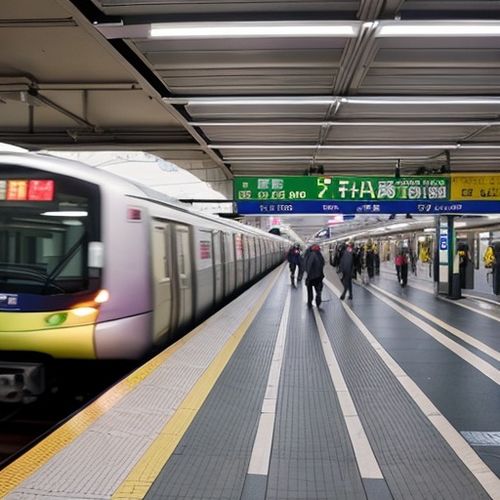
By Sarah Davis/Apr 10, 2025
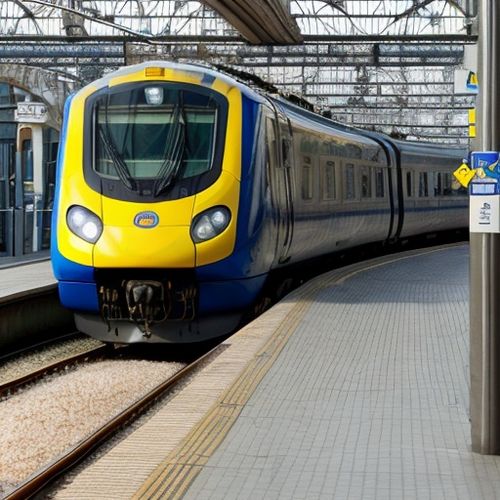
By Noah Bell/Apr 10, 2025
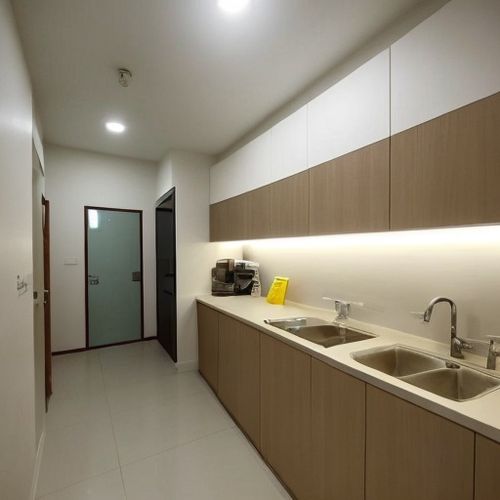
By Sarah Davis/Apr 10, 2025
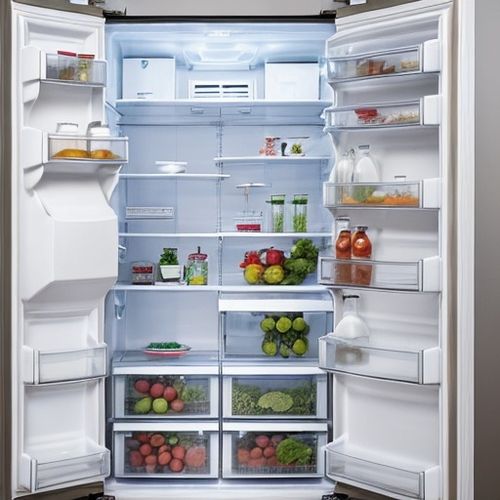
By Amanda Phillips/Apr 10, 2025
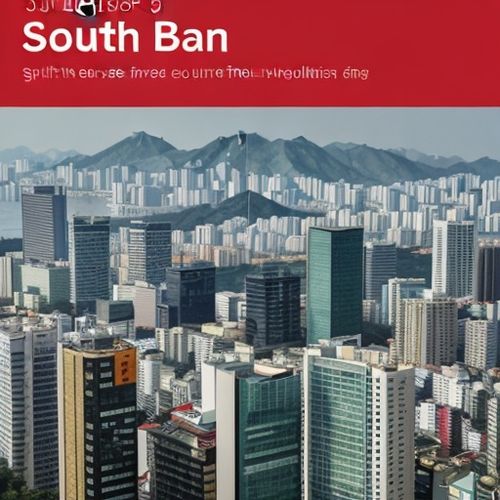
By Benjamin Evans/Apr 10, 2025
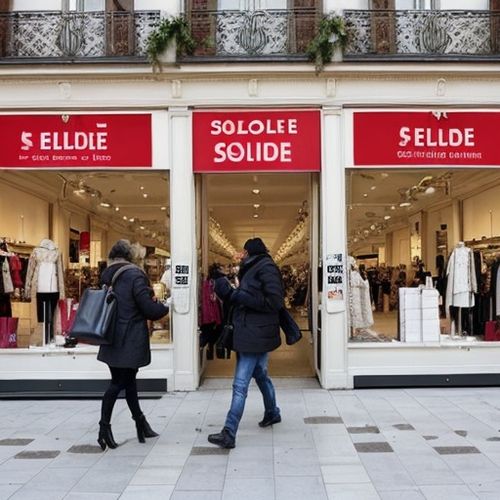
By Benjamin Evans/Apr 10, 2025
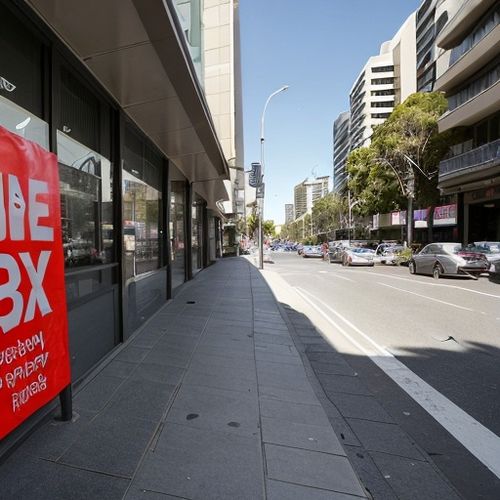
By Olivia Reed/Apr 10, 2025
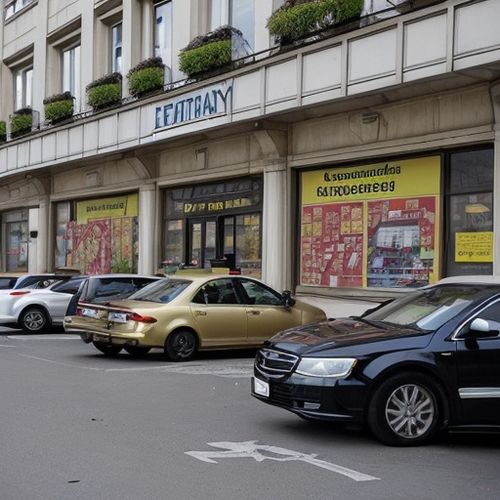
By James Moore/Apr 10, 2025